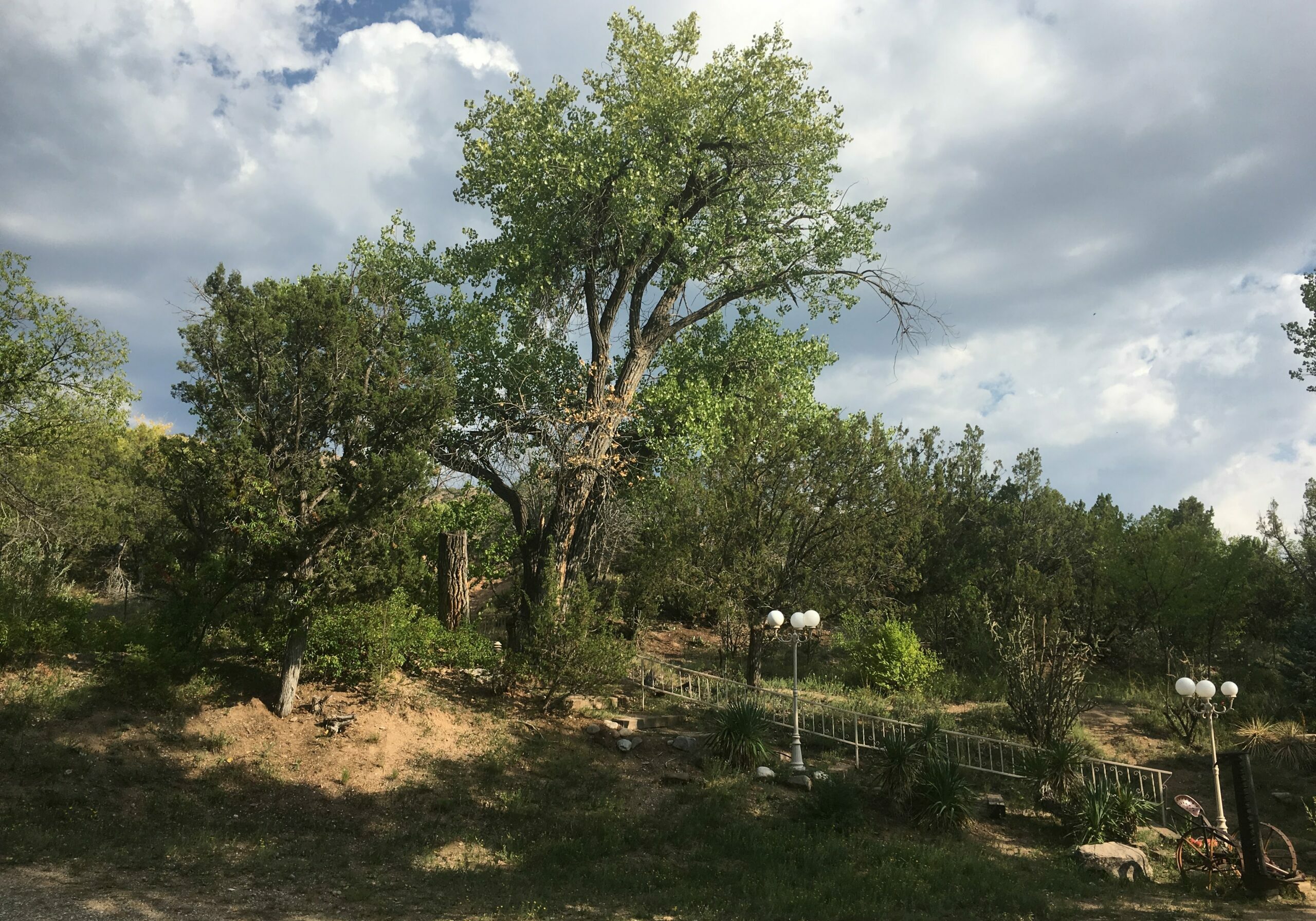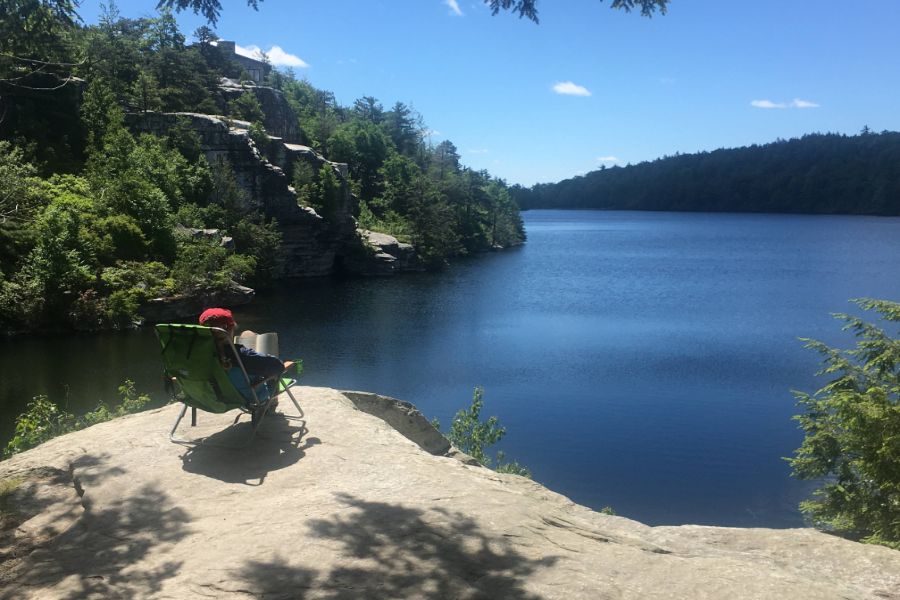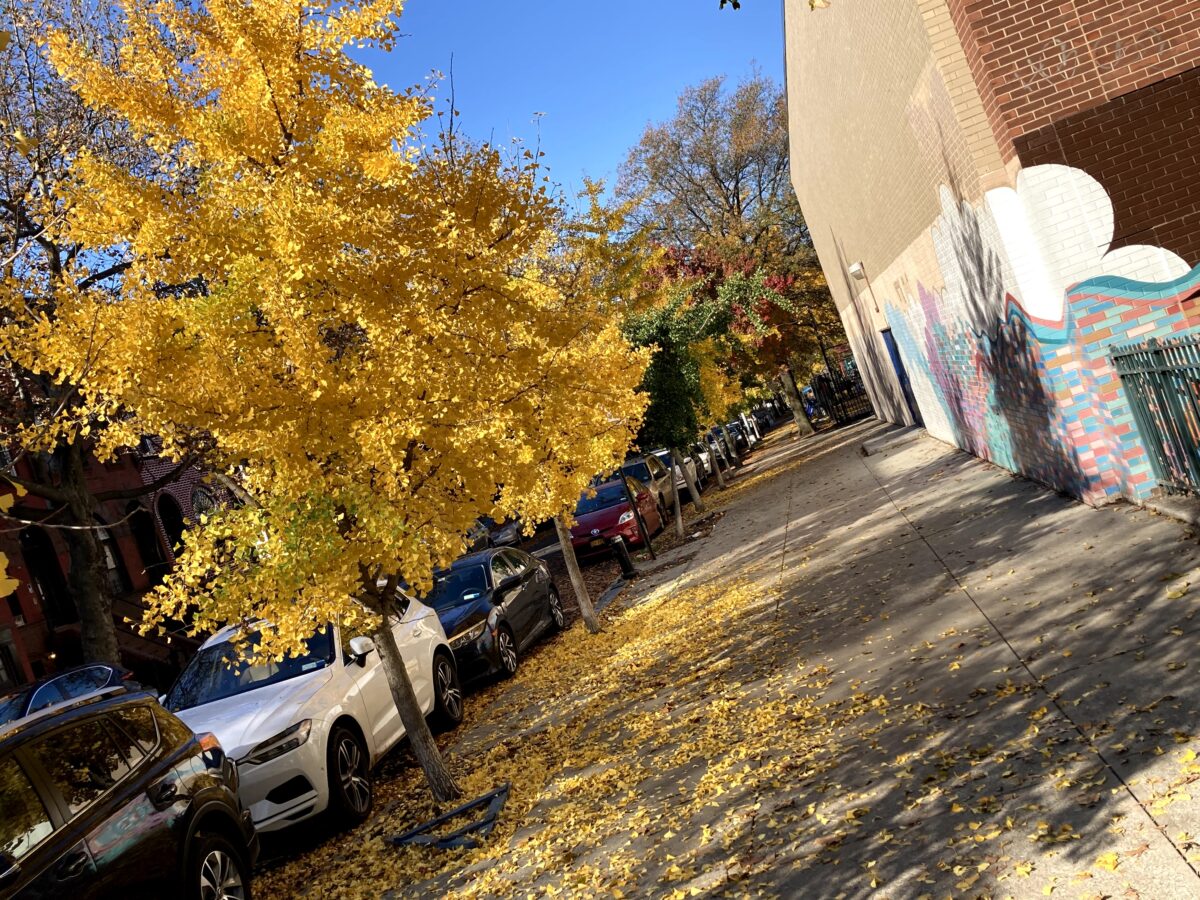November 8, 2023
Surrender lubricates the creative process

Every work of art has its own way of coming into the world.
Each creation is its own country with its own laws.
And a key part of the creator’s responsibility is to simply get out of the way. To trust that the work will tell us what it wants and needs. To let the thing be the type of thing it wants to be.
Even if it takes a couple of days or months or years to find its birthright.
This process of letting creations unfold at their natural pace, rather than a forced and stressful one, is uniquely satisfying. It feels organic, honest and most of all, kind. Because it’s less creating and more discovering. Whereas the act of imposing ourselves onto the work is far more controlling and pressurized.
Kind of like having one of those micromanagers who looks over your shoulder all day to make sure you’re doing things his way. There’s no joy or freedom in that. How do you expect the work to breathe?
I recently found a survey showing that a majority of workers polled said they have firsthand experience with an overbearing boss. Sixty percent of employees interviewed claimed working for a micromanager at some point in their careers.
The survey also found the constant scrutiny has a negative impact on most workers. And of those who felt they had been micromanaged, nearly seventy percent said it decreased their morale, and another fifty percent said it hurt their productivity.
Having been there before myself, I can confirm their criticisms. Micromanaging is the worst. You just feel so untrusted.
Meanwhile, people do this to themselves all of the time. We say we loathe having someone looking over our shoulder, but then we go and do the same thing to our creative ideas.
Jason Isbell, the country music singer, had this great line about his composition process. He said:
Let the song be the type of song it wants to be. If it comes out of the ether wearing a dress, don’t make it change clothes.
Jason proves that such a level of acceptance is what guarantees the art will be true. Not necessarily a number one chart topping hit that accumulates a billion streams and millions of dollars. That would be nice, and no musician is going to turn it down, but there are more important at stake.
When I’m writing a song, my favorite part is when it surprises me. When the song feels like it follows its own set of rules, like it has an internal logic all its own.
Because sometimes I’ll think I know what the song is going to be. Yes, this one is a midtempo bossa nova style, cool. But then then halfway through I realize, oh wait, this is the wrong strumming pattern.
My right hand is way too fast and the lyrics are getting buried. This song doesn’t want to be a breezy jazz number from the early sixties where the words are secondary to the melody.
No, this song should be a moody, droning overture from the early nineties where the poetry takes center stage. I need to slow down the rhythm and switch tunings so it feels more at home.
Have you ever had this moment in your own creative process? Where you never knew how big the fish is going to be until you catch it?
This certainly makes the work more challenging. It ends up being more of a dialog than a monologue. You really have to tune in, no pun intended, to how your body feels as you craft the thing.
What’s more, there’s a level of patience that many novice artists don’t possess yet. It’s only after you’ve been working for ten or twenty years, that you get good at letting the song be its true self.
If we’re willing to be kind towards our own ideas, letting them unfold at their natural pace, rather than a pressurized one, it’s amazing what they will grow into.
Which of your ideas would love you back if you gave it a little more space?

